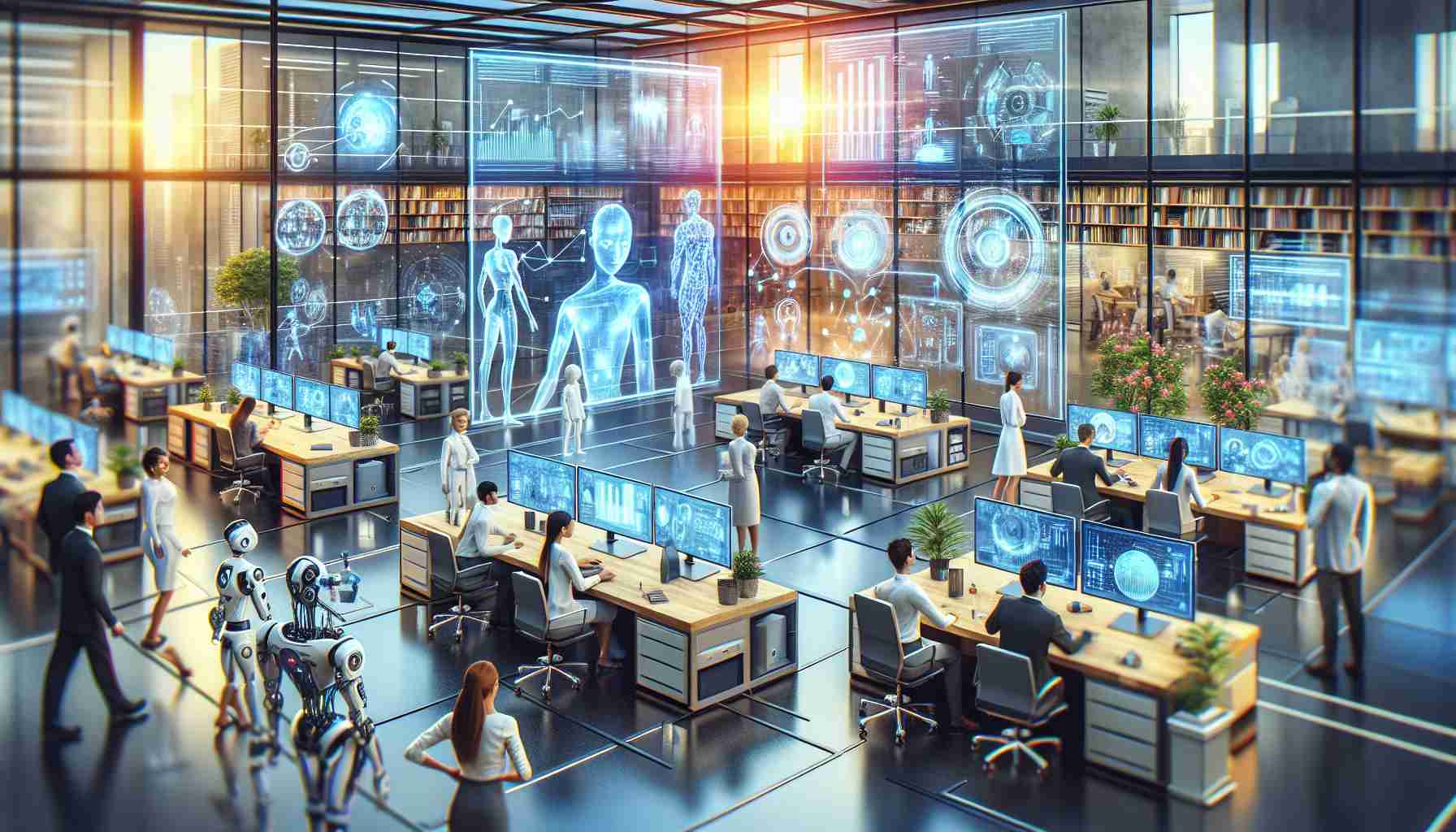Fears of Automation: The rise of artificial intelligence has sparked concerns about the future of work, with many worrying about potential job losses due to AI advancements. However, a recent study indicates that AI is experiencing a slowdown in evolution after a rapid surge, attributing the initial growth spurt to the abundance of data available on search engines. With the rate of data growth slowing down, the study suggests that AI may struggle to offer anything truly innovative beyond processing existing information.
Human Creativity vs. AI: While AI may excel at analyzing big data, human creativity remains unmatched. AI systems are limited to providing answers based on available information, lacking the ability to offer novel solutions or creative insights. Humans, on the other hand, continue to innovate, devise groundbreaking ideas, and tackle problems with ingenuity that AI cannot replicate.
The Trust Factor: Another crucial aspect is the level of trust that can be placed in AI to replace human decision-makers. The inherent trust and accountability that humans seek in critical decision-making processes are qualities that AI currently lacks. The need for reasoned discussions, warnings, and consequences delivered by a human touch underscores the irreplaceable role of humans in decision-making.
Looking Ahead: As the debate on AI and automation continues, the essence of human ingenuity and adaptability remains paramount. While the allure of AI advancements is undeniable, the unique capabilities of human intellect and creativity ensure that humans will continue to play a pivotal role in shaping the future workforce. The symbiotic relationship between humans and AI is poised to define the future landscape of work, with innovation and human touch remaining indispensable elements in the ever-evolving technological era.
Additional Facts:
– One important consideration in the future of work is the rise of the gig economy, where temporary and flexible jobs are more prevalent. This shift can be attributed to technology platforms that connect freelance workers with tasks and projects, providing both opportunities and challenges for workers in terms of job security and benefits.
– Upskilling and reskilling programs are becoming increasingly crucial as technology rapidly evolves. Continuous learning and acquiring new skills are essential for individuals to remain competitive in the workforce, especially in areas where AI and automation are replacing traditional job roles.
Key Questions:
1. How can policymakers and businesses ensure a smooth transition for workers affected by automation and AI?
2. What ethical considerations should be addressed when integrating AI into the workforce?
3. How can organizations balance the need for efficiency with the preservation of human creativity and decision-making?
Advantages and Disadvantages:
– Advantages: AI and automation can increase productivity, efficiency, and accuracy in various tasks, leading to cost savings and improved outcomes. They can also handle repetitive or dangerous tasks, allowing humans to focus on more complex and creative work.
– Disadvantages: Concerns about job displacement, loss of human touch in interactions, and potential biases in AI algorithms pose challenges. Moreover, the rapid pace of technological advancement may outstrip the ability of some workers to adapt, leading to increased inequality in the workforce.
Related Links:
– World Economic Forum
– Brookings Institution

